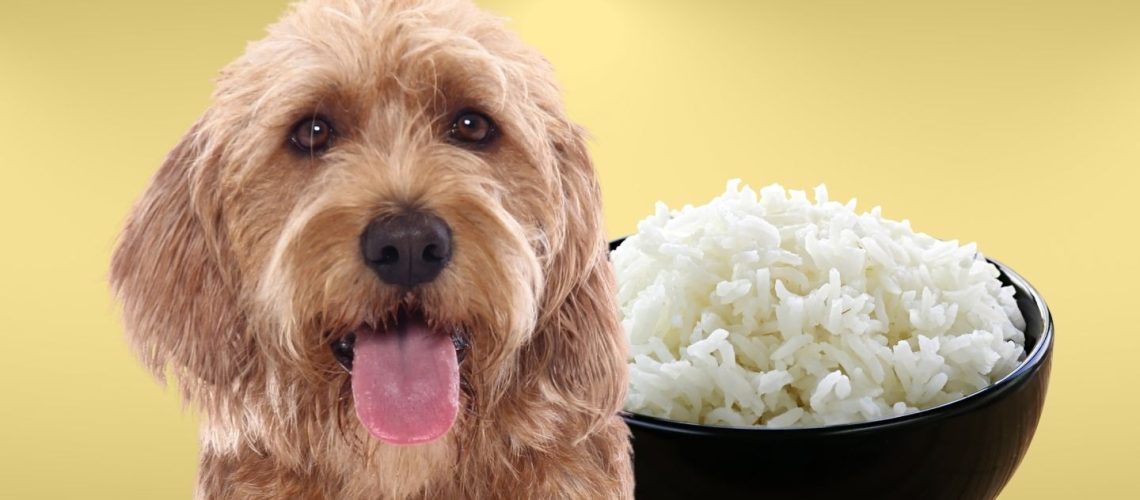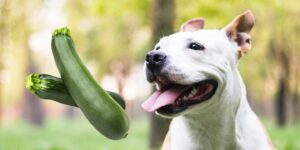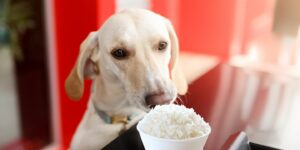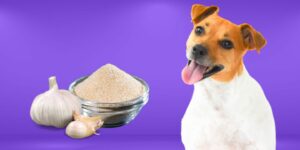Yes, dogs can eat rice. In fact, rice can be a good source of carbohydrates for dogs and can be a helpful addition to their diet in moderation. However, it is important to feed rice to dogs in the right way and in the right amount.
Nutritional Value of Rice for Dogs
Rice can provide several essential nutrients for dogs, such as:
Carbohydrates
Rice is a good source of carbohydrates, which provide energy for dogs.
Vitamins and Minerals
Rice contains essential vitamins and minerals, including B vitamins, iron, and magnesium.
Dietary Fiber
Brown rice, in particular, is a good source of dietary fiber, which can help support digestive health in dogs.
Types of Rice for Dogs
There are various types of rice, and some are more suitable for dogs than others:
White Rice
This type of rice is the most easily digestible, making it a good option for dogs with sensitive stomachs or digestive issues.
Brown Rice
Brown rice is more nutritious than white rice, but it may be harder for some dogs to digest.
Jasmine Rice and Basmati Rice
These types of rice are generally safe for dogs, but their higher glycemic index may not be ideal for dogs with diabetes or weight issues.
Instant Rice
Instant rice tends to be more processed and may have lower nutritional value, making it less ideal for dogs.
Benefits of Rice for Dogs
Feeding rice to dogs can have several benefits, such as:
Easily Digestible
Rice is easy for most dogs to digest, making it a good option for those with sensitive stomachs or digestive issues.
Good Source of Energy
As a carbohydrate, rice can provide dogs with the energy they need to stay active and healthy.
Helps with Upset Stomachs
Rice can help soothe a dog's upset stomach and stabilize their digestive system.
Supports Weight Management
In moderation, rice can be part of a balanced diet that helps dogs maintain a healthy weight.
Maintains a Healthy Coat
Some vitamins and minerals in rice are beneficial for maintaining a healthy coat for dogs.
Risks of Feeding Rice to Dogs
Feeding rice to dogs has some potential risks, including:
Obesity and Weight Gain
Feeding a dog too much rice can cause weight gain and obesity, which can lead to various health problems.
Nutritional Imbalance
Feeding a dog too much rice can lead to an imbalance in their diet, causing deficiencies in other essential nutrients.
Allergies or Sensitivities
Some dogs may be allergic or sensitive to rice and can experience issues like itching, vomiting, or diarrhea.
Contamination and Pesticide Residues
Some rice may be contaminated with heavy metals or pesticides, which can pose health risks to dogs.
Spices and Seasonings
Feeding a dog rice cooked with spices or other seasonings can be harmful to their health.
How to Feed Rice to Dogs
When feeding rice to dogs, follow these guidelines:
Cooking Methods
Use plain, cooked white or brown rice. Avoid feeding your dog rice cooked with spices or seasonings.
Mixing with Other Foods
Rice can be mixed with other dog-friendly foods, such as lean meats and vegetables, to create a balanced meal.
Portion Control
Feed no more than 1/4 to 1/2 cup of rice per day for every 20 pounds of body weight.
Frequency
Offer rice in moderation, and as part of a balanced diet.
Alternatives to Rice for Dogs
If rice is not suitable for your dog, consider these alternatives:
Quinoa
Barley
Oats
Sweet Potatoes
Pumpkin
Precautions When Feeding Rice to Dogs
Take these precautions when feeding rice to your dog:
Monitor for Allergic Reactions
Watch for signs of an allergic reaction, such as itching, vomiting or diarrhea, and contact your veterinarian if necessary.
Consult with a Veterinarian
Always consult with your veterinarian before introducing new foods to your dog's diet.
Maintaining a Balanced Diet
Ensure that rice is only a small part of your dog's overall balanced diet.
Conclusion
Dogs can eat rice, and it can be a beneficial part of their diet in moderation. However, it is essential to feed rice to dogs in the right way and in the right amount to avoid potential health risks. By following the guidelines outlined above, you can help ensure that your dog stays healthy and happy.


























